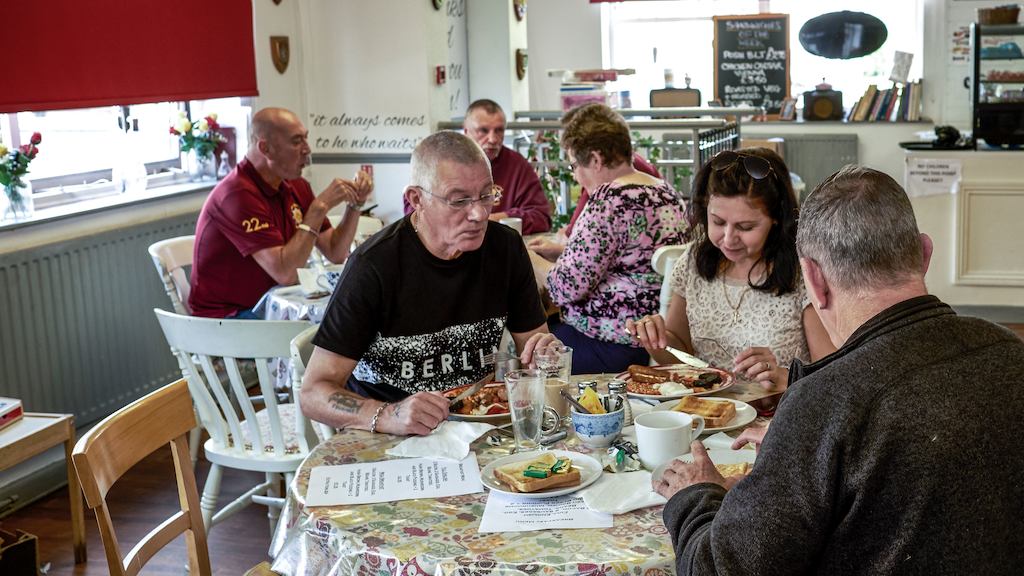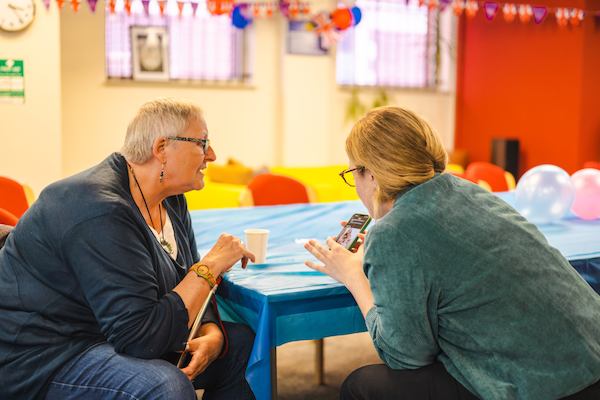It’s 100 years since women got the vote, and over 40 years since the Race Relations Act. Surely discrimination is something of the past?
Sadly not.
Although our language and awareness of discrimination has improved, our actions haven’t yet caught up – especially when it comes to ageism.
Research published recently in The Lancet suggests that one quarter of people over the age of 50 have felt discriminated against whilst doing everyday tasks like going to the shops or a restaurant, or when accessing certain services.
Not only is it unfair and illogical (why would you treat paying customers differently based on their age?), we also know that it has serious implications for our health. The research found that people who have felt discriminated against are more likely to suffer from depressive symptoms and go on to develop conditions such as diabetes or heart disease.
This makes sense. If people feel unfairly treated or judged, it will have an impact on their work, their social life, their stress levels, and so on. We know from our research at the Centre for Ageing Better that being in work and physically active results in healthier and more sociable lives. Unfortunately, we also know that nearly half of people over the age of 50 think that their age would disadvantage them in applying for a job and people in later life can often find it hard to get back into work after a period of unemployment.
To be clear, this is not ‘political correctness gone mad’.
Discrimination means judging someone based on how they look or sound or what they believe in. It does not give someone the opportunity to demonstrate their skills, their worth, their potential contribution. Frankly, it doesn’t make sense. You would think that employers would celebrate having older workers who bring knowledge and experience. However, a fifth of people over the age of 50 thought that they were seen as less capable due to their age, according to polling published last year.


